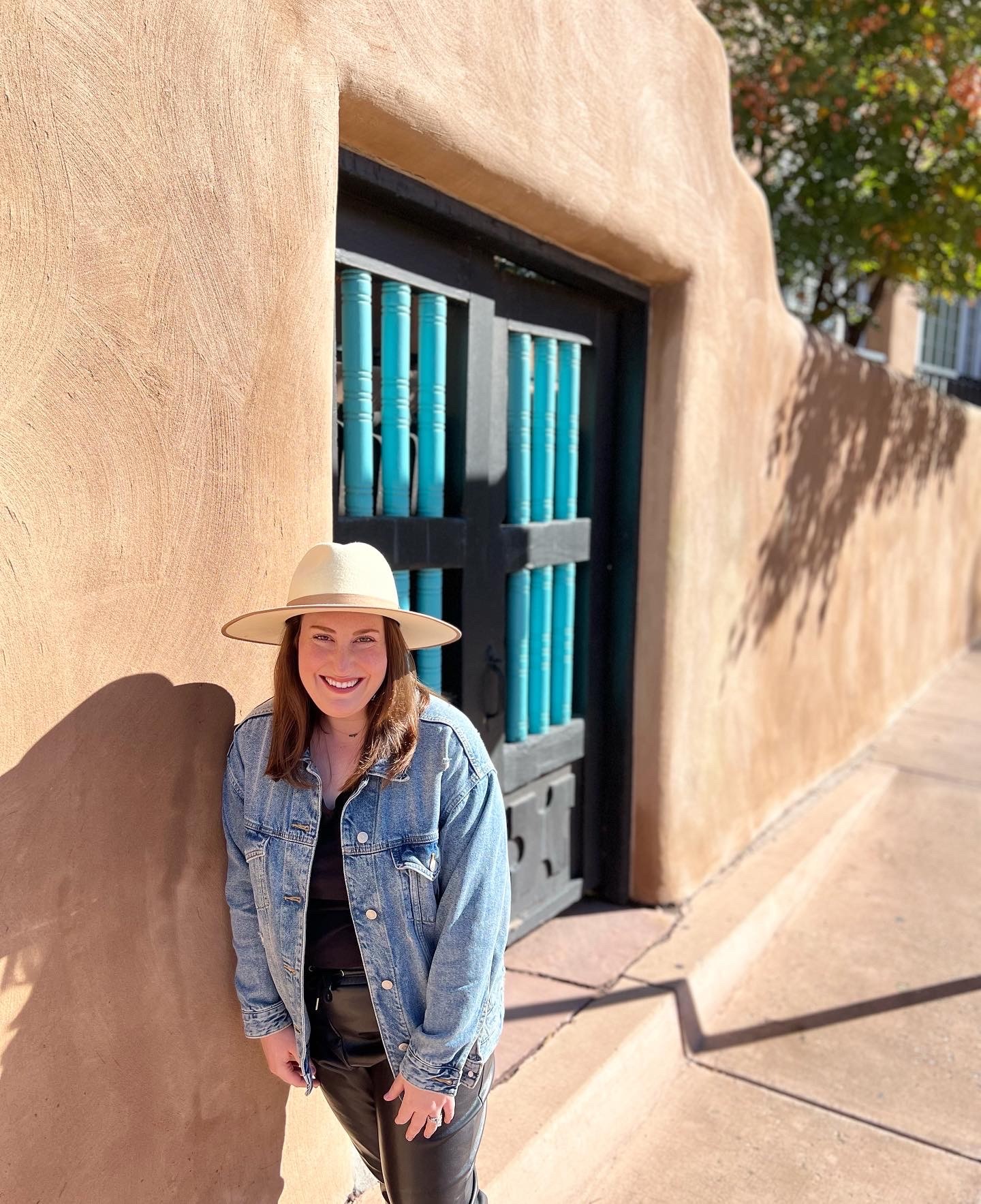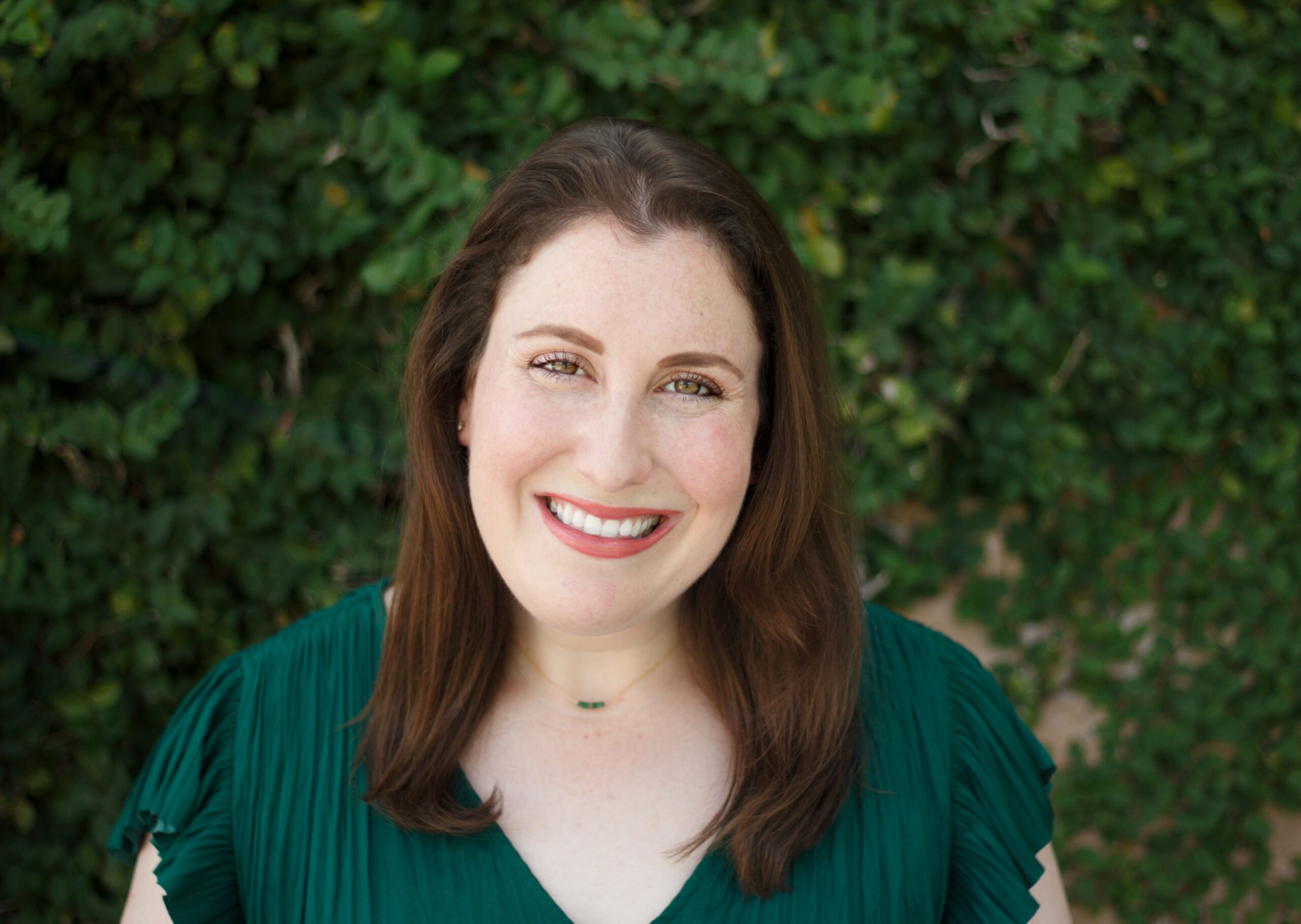We were lucky to catch up with Ali Green recently and have shared our conversation below.
Ali, we’re thrilled to have you on our platform and we think there is so much folks can learn from you and your story. Something that matters deeply to us is living a life and leading a career filled with purpose and so let’s start by chatting about how you found your purpose.
I recall starting to understand the concept of having a career at an early age and I would constantly ask my parents, “Mom/ Dad, is there a job out there where I can help people with their problems?,” and they would always respond, “Yes, Ali. It is called being a therapist.” As a child, I constantly felt compelled to help peers through various personal struggles by comforting them in an authentic and non-judgmental manner. I wanted people to know they had a safe space when they were spending time with me. It has always been in my nature to befriend someone who could use support while navigating the many challenges we face throughout life. I remember being young and wanting to make a difference in the community. I knew I wanted to make people smile whether it was through humor, extending an extra invitation to a group event, or cheering someone on. I did not realize all those years ago that my passion for supporting and empowering others to be themselves would lead me towards a career that I would eventually fall in love with. Throughout my teenage/college years I was actively pursuing volunteer work and internships where I could help children/ adolescents with special needs. I was making a difference in those kids’ lives which further motivated me to start researching educational programs that would give the opportunity to gain the credentials and experience I needed to build my career as a therapist.
I decided to go to undergraduate school at the University of Arizona where I was getting my bachelor’s degree in sociology and psychology. While I was there, I realized I wanted to eventually build my own private practice. I knew in order to do that I would need to receive my master’s in either social work or counseling. Ultimately, I decided to go for my master’s in social work at the University of Houston, GCSW. After attending my first few days of classes at the GCSW, I felt right at home. The program offered me endless opportunities to help my community in an impactful way. I was also able to connect with incredible mentors who guided me through my professional journey. And while it was not viewed as the most glamorous path… you have no idea how many times I was asked… “Really, why would you choose social work?”, I didn’t care because I knew it would lead me to the knowledge and skills I needed to accomplish my career goals. I couldn’t help but feel overwhelmed with excitement!
I had a gut feeling I would eventually want to work with teenagers and young adults, but it was an internship at Baylor College of Medicine during my time at the GCSW that really sealed my fate to work with the population. Throughout my time as an intern I was working with youth who were involved in the juvenile detention system. I was asked by my amazing supervisors at the time to tap into my creative side and develop a curriculum made up of experiential group therapy activities. The therapy activities I created covered topics such as; depression, anger, anxiety, substance use, violence, self-esteem, family dynamics, and team building etc. These exercises gave the teens a chance to learn and collaborate with one another while also having fun together. The amount of self-esteem and self-worth that had increased in these kids was astounding. I found myself drawn to working with youth not only because of their resiliency but also their gradual way of showing trust and vulnerability.
The tween/adolescent/young adult population is one that is incredibly underserved. They are not always viewed as enjoyable to work with, but I ask myself, “Why?”. I think it is an often misconception that teens are moody, self-involved, impulsive, and poor decision-makers. My experience with them has proven to be quite the opposite when they are given the opportunity to be themselves. I have found they respond best when they feel someone is giving them the time and space to let their guard down without pressure or control. I started to zone in on the idea that therapy does not have to mean that the therapist has to “stereotypically” probe to find out someone’s “deep dark secrets.” Yes, we are there to work together and accomplish the client’s identified personal goals, but we are also building a relationship. If the relationship feels forced or phony, therapy is never going to work. It should be collaborative, fulfilling, challenging, creative, and fun. The experience of growing and learning together should hopefully spark some joy for everyone involved in the process.
In my years of experience, I have found that teenagers need to know that someone is in their corner without motive or judgment. Our youth crave to be seen, heard, and validated while being held accountable for their actions which is sometimes a tough concept for adults to understand (including myself). This ideology is what led me to being promoted as the director of an adolescent unit for a partial hospitalization program (PHP). I got the opportunity to use the psycho-educational experiential activities I had developed a few years prior (at my internship) and apply them to my adolescent program at the PHP. It proved to be very successful due my ability to incorporate creative, expressive, challenging, and fun therapeutic modules into the adolescent program. After a few years of being a director and passing my LCSW exam, I decided to finally take a leap of faith and pursue my dream of owning my own private practice. I wanted to cultivate a space where I could incorporate the skillset I worked hard to build over the years to help improve the overall well-being of children, adolescents, young adults, and families.
Appreciate the insights and wisdom. Before we dig deeper and ask you about the skills that matter and more, maybe you can tell our readers about yourself?
It is such a wonderful feeling when someone is comfortable enough to be themselves around me. Therapy at its core is a collaborative experience that will help individuals feel like they can have unfiltered thoughts and open dialogue without feeling judged. I recognize that opening up to the process of therapy is not an easy task and it is in fact an accomplishment. I consider it an honor when a client decides to choose me as their therapist because it means they are putting their trust in me to provide a space for growth and reflection as we explore personal and intimate details in their life. And I do not take the experience for granted in the slightest.
My profession means the world to me because I am afforded the opportunity to remind others that vulnerability is a strength. Being a therapist allows me to make a difference in our community through destigmatizing mental health struggles, and encouraging people to embrace/ normalize the ups & downs that can appear in our daily thoughts, feelings, and emotions. This is truly what makes it all the more worth it for me.
I have provided some more information about my private practice, and my personal therapeutic approach below :
I am devoted to working with pre-teens, adolescents, and adults who are struggling with life’s many challenges and transitions. I specialize in depression, anxiety, mood swings, grief, trauma, low self-esteem, family dynamics, communication skills, interpersonal and environmental stressors.
Life can be stressful, and for most of us, it is very difficult to ask for help when we are feeling alone with our thoughts. This is why I have built my practice off of a client-centered perspective where I value a person’s time and effort during our sessions together. I make sure to actively listen and meet you where you are at throughout your journey. We will then start to collaborate together and build off of your strengths in order to identify solutions that are tailored to your unique qualities. I am dedicated to being a constant source of support as we work together to establish healthy coping strategies that are conducive to your lifestyle. I will provide you with an opportunity to reflect on your inner thoughts, feelings, and emotions without giving unsolicited advice. In turn, this will help you or your child accomplish personal goals, increase self-worth, and hopefully feel some relief.
As your therapist, it is my primary goal to provide a safe, warm, and judgment-free environment by using a normalizing/ validating approach. I want to ensure every single one of my clients feels seen, heard, and supported as we explore how to challenge your negative thoughts or beliefs. I view human experiences holistically, and I do not believe there is a “one size fits all” approach when it comes to helping individuals on their path towards self-discovery. This is why I use experiential and creative modules to help build rapport and authentic conversation with my clients. I recognize that you are already taking a huge step by coming to therapy in the first place. Therefore, I never want the process to feel invasive or intimidating. Therapy doesn’t have to feel stereotypically “dark” or traumatic. Obviously, there are times where we will dig deeper, and you will feel challenged, but I also want to provide a space where you or your child can tap into a fun, playful, humorous, and creative side. This should add to the quality of your experience.
I offer clients both in-person and Telehealth sessions. It is very important to me that you find a therapist you feel connected to. I offer a free 20-minute consultation for those who are contemplating the idea of coming to therapy. There are no stupid questions when it comes to asking for more information in regards to the therapeutic process, and I encourage you to ask away! I pride myself on being able to provide more knowledge, resources, and referrals as needed.
If you had to pick three qualities that are most important to develop, which three would you say matter most?
I would say my passion, dedication, warmth, creativity, and humor as a social worker has definitely helped make the journey exciting and enjoyable! Through my years of experience I have found that it is important to stay true to myself and value where my strengths lie. It is impossible to be good at everything, therefore, I think it is crucial to find your niche within the field and hone in on that craft. People can sense phoniness, and if you practice in a way that feels inauthentic to how you view the world then you may find it difficult to feel fulfilled, and connected to the people you are trying to help. Humans will naturally gravitate towards a clinician who feels comfortable in the way that they practice. This means that it might be a better quality experience for all parties involved if a clinician has chosen a specific skillset or population to work with. For example, I have found that I am naturally inclined to take a normalizing, empowering, creative, experiential and humorous approach with clients. This is probably why I tend to connect with teenagers/ young adults. Instead of fighting my natural abilities, I have incorporated my strengths/ personality into the way I go about my practice. This is not only for the benefit of my clients, but for myself as well.
While I recognize that my style of therapy may not be for everyone, at least I know it speaks true to who I am as a person. Therefore, clients seeking out my services usually get the most out of it because they can feel that I am practicing therapy in a way that feels natural to me. People tend to give back what you put in, and my clients can usually tell that I am dedicated to their personal growth, and that I genuinely want to make their experience a well rounded one.
What is the number one obstacle or challenge you are currently facing and what are you doing to try to resolve or overcome this challenge?
As a helping professional, I want to be able to help anybody and everybody, but this way of thinking has sometimes caused me to struggle with work/life balance. It is naturally difficult for me to be assertive and tell people what I need. Being assertive is something I have had to actively work on throughout the last many years with my own therapist. For example, I did not go into social work/ private practice for money and so I feel bad when charging people a certain amount. At the same time I have had to remind myself that this is my profession and while I love what I do… I also have to be able to afford to take care of myself and my family. I tend to have conflicting emotions when I have to set clear boundaries with those who are under my care. I always want to prioritize my clients and their needs, but I also have had to remind myself that it is crucial for me to model healthy behavior and boundary setting.
I work with a lot of diverse people, and someone is bound to have a criticism or differing opinion. I recognize that I cannot always please everyone. I have worked really hard to actively listen and learn from others versus internalizing any critiques given to me. Instead, I have used the feedback to hone in on my niche and what feels right to me in the way I go about my practice. I make sure to incorporate a lot of self-care in order to cope with any internal struggles I may face. This way I can help others more effectively while staying mindful and grounded.
Contact Info:
- Website: aligreentherapy.com
- Instagram: ali_green_therapy
- Linkedin: https://www.linkedin.com/in/ali-aronowitz-green-lcsw-b74674b0/


Image Credits
Sophie Weiss is the photographer who has taken my professional headshot.




